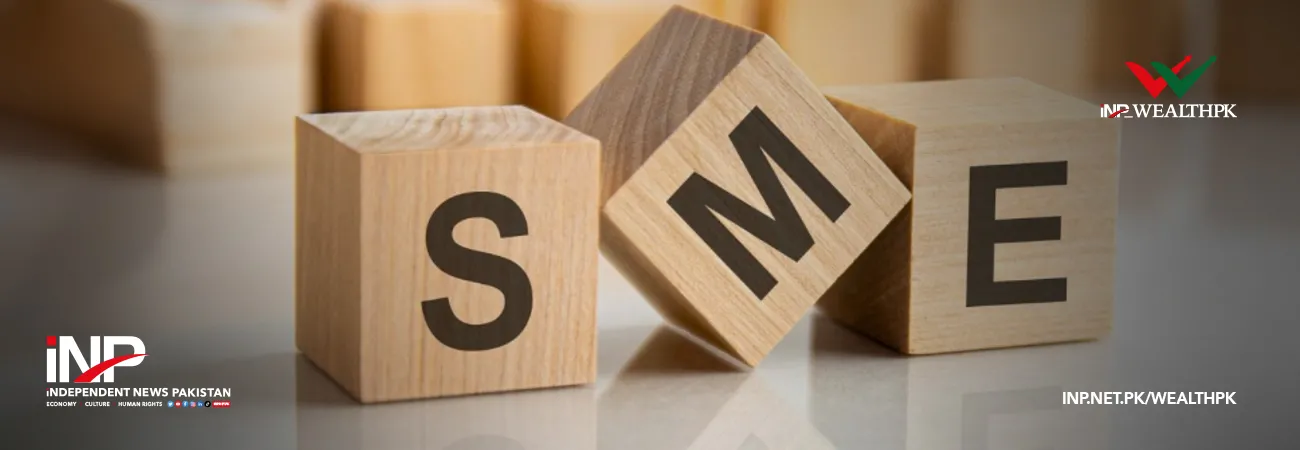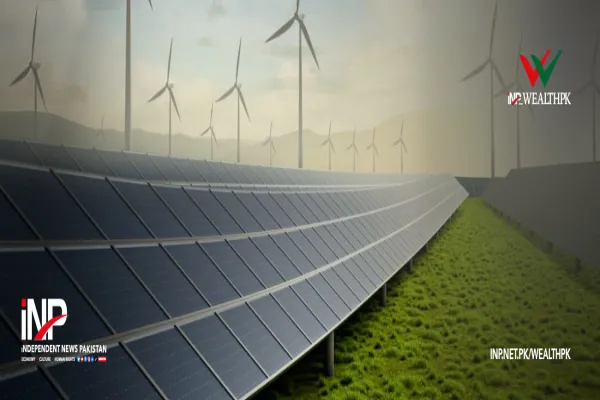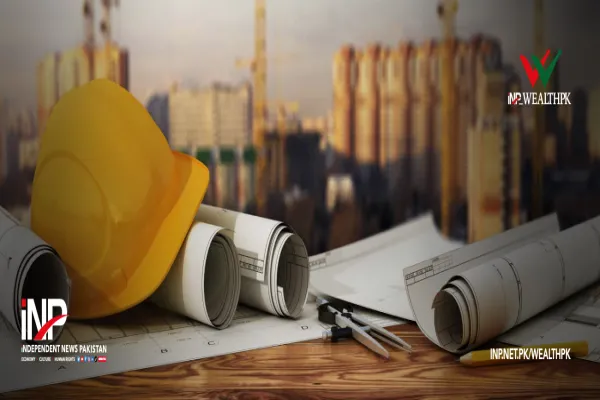i INP-WEALTHPK
Qudsia Bano
As Pakistan works to revive its industrial sector, the government is introducing a unified and standardised definition of small and medium enterprises (SMEs) in the upcoming industrial policy.

Experts from the manufacturing and economic sectors believe this long-awaited reform could unlock new investment opportunities, improve access to finance, and bring clarity to a sector that plays a vital role in the national economy. Currently, Pakistan lacks a single, comprehensive definition of SMEs. Different government bodies, financial institutions, and industry associations use varying criteria based on turnover, number of employees, or asset size.
This inconsistency has created confusion for businesses and policymakers, while also limiting the effectiveness of support programmes aimed at the SME sector. “The absence of a clear SME definition has been one of the biggest hurdles in formulating targeted industrial and financial policies,” said Irfan Jamil, a senior policy consultant at Pakistan Business Council. “It has prevented many genuine small and medium businesses from availing incentives and support packages, especially those related to credit, tax relief, and technology upgrades.”
Muhammad Sohail, a textile sector analyst at Sigma Research in Faisalabad, said the proposed reform could have a strong impact on industrial investment. “A clear SME framework will allow manufacturers to plan their growth better and position themselves more confidently when dealing with banks, government bodies, and international buyers,” he said. “In sectors like textiles, leather goods, and light engineering, the majority of exporters fall under the SME category but are often left out of formal policy benefits.”
The issue gained fresh attention when a delegation of leading business associations, including the Sialkot Chamber of Commerce and Industry, Pakistan Readymade Garments Manufacturers and Exporters Association (PRGMEA), and the Pakistan Hosiery Manufacturers Association (PHMA) recently met with Haroon Akhtar Khan, Special Assistant to the Prime Minister on Industries and Production. During the meeting, they discussed major challenges faced by businesses under the current tax regime and called for a more predictable policy environment to support SME growth.
The prime minister’s aide assured the delegation that the upcoming industrial policy will include a clear and standardised definition of SMEs. “A stable and predictable policy framework is essential for attracting investment and ensuring sustainable industrial growth in Pakistan,” he said. Experts say that such reforms will also help improve Pakistan’s ranking in ease of doing business and enhance the credibility of the SME sector in the eyes of domestic and international investors.
“International financial institutions and donors often struggle to engage with Pakistan’s SME segment due to the lack of definitional clarity,” said Saira Mehmood, a business development officer at Greenline Advisory in Lahore. “With a formal definition in place, SMEs could more easily access donor-backed grants, green financing, and capacity-building programmes.” According to estimates from the Small and Medium Enterprises Development Authority (Smeda), SMEs contribute around 40% to Pakistan’s GDP, account for over 25% of exports, and provide employment to more than 80% of the non-agricultural labour force.
Yet they remain underrepresented in formal credit and policy frameworks. Industry watchers say that with global trends favouring value-added exports, green manufacturing, and digital entrepreneurship, a strong SME base backed by clear policy support could become a game-changer for Pakistan’s industrial future.
Credit: INP-WealthPk









